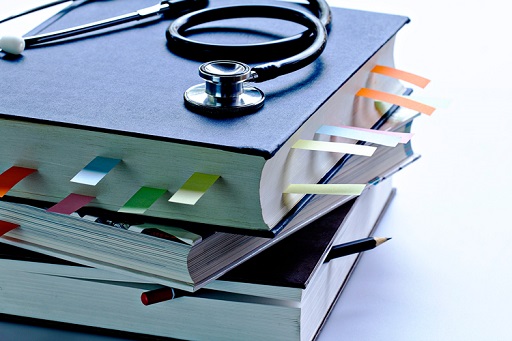GENERAL FUNCTIONS OF BLOOD (PART 2)
7. Temperature regulation : water of the blood serves as an important agent for temperature regulation of the body water has (1) high specific heat (2) high conductivity and (3) high latent heat of evaporation these respectively help to absorb evaporate and distribute the body heat thus dilated capillaries aid to evaporate the blood heat sweat aids to cool the body and through expiration of hot breath water vapour is lost heat is also some what lost with hot urine
8. Excretion: cell metabolism gives out its waste such waste is collected and transported via blood to the excretory organs like skin kidneys and lungs blood excretes out the waste products like urea uric acid etc in urine sodium chloride urea etc in the sweat and carbon dioxide and moisture in the expiratory breath this is possible because blood carries these products to their respective sites
9. Body defence :: blood protects the body against the infectious diseases in two ways: (1) by the phagocytic action of the leucocytes (WBC) AND (2) by the antibodies present in the plasma of the blood these immune bodies are formed of agglutinins precipitins and bacteriolysins which agglutinate precipitate or destroy respectively the microbes we cannot fight against diseases if we have no immunity as it happens in AIDS (Acquired immune deficiency syndrome )
10. Prevention of Haemorrhage: clotting mechanism of blood protects us against haemorrhages this is achieved through the formation of fibrin by thrombin in the presence of ionic ca and lipid accelerator factor if this property of clotting was absent people would have bled to death even on trivial injuries and women would have bled to death during menstruation periods in fact clotting of blood is a great protector of blood and therefore of life
11. Regulation of blood volume:; plasma proteins present in blood have important functions and one that is very vital is the maintenance of blood volume by osmosis hydrostatic pressure and osmotic pressure of the blood work in opposite direction and help to maintain the constancy of blood volume
12. Blood pressure regulation: various factors control blood pressure and try to keep in normal blood volume and viscosity of blood help to normalise the blood pressure


0 Comments